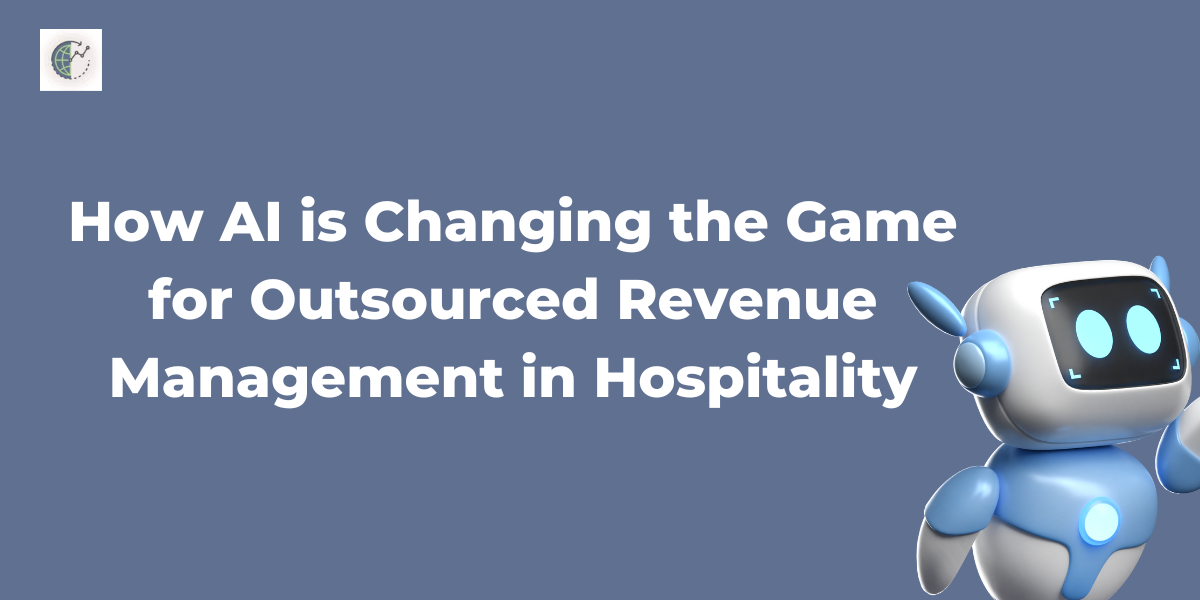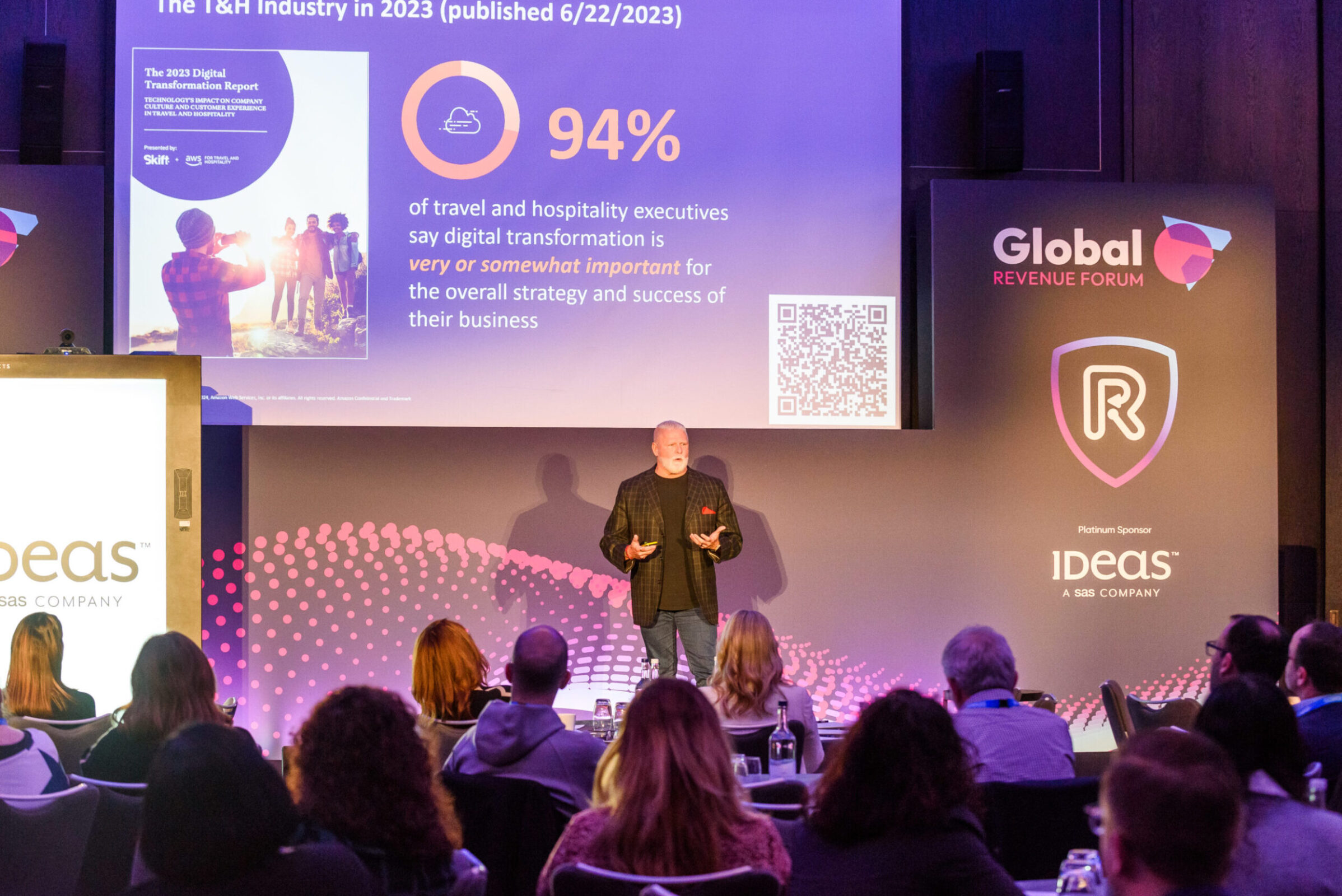One of the first questions we ask our hotels when we start working with them is “Who is your Customer?” Understanding who is booking into the hotel and when they book is one of the cornerstones of revenue management.
Increasingly the first answer is “Most of our guests are either leisure or corporate guests – the booking window is very short, probably about 48 hours for our major segment, corporate bookings – and its getting shorter”.
OK – so that’s a start, but doesn’t say a whole load about the customer. Teasing out subsequent market segment information often discloses a lot of underlying confusion, misunderstandings and a heap of data that is difficult to trust.
The revenue manager as behavioural specialist
We know by simply reviewing our own behaviour when making hotel bookings that the tools we refer to at that time are likely to have a direct bearing on where we are, what is available, what we are doing at the time, the role we are playing – mother, manager, sister, friend, and the relative level of urgency related to the booking. We may have oodles of time to surf the web from home when researching a holiday, or may be restricted to a certain selection of hotels when making a business booking. That booking may be a last minute booking due to a diary change, or a long planned business trip.
Revenue Managers use multiple sources of data to identify who has booked in the past; we track market segments to understand more about guests who have previously booked the hotel, we develop and analyse booking patterns and use this information to help predict future booking patterns. We have rich sources of data available from guest history in the property management system, and as booking channels grow in diversity, and guests behavioural interaction with the hotel becomes more complex, so we need greater clarity from the data we use to predict guest booking behaviour, and hence greater accuracy in segmentation and the way we use segmentation.
The market segment of “Other”
So why, when segmentation is so critical for business visibility, is the market segment of “Other” so often the most predominant segment in the property management system? Our experience shows the key lies in developing best practice in reservations management. A simple, consistent and easy to understand process lies at the heart of a good segmentation strategy. Reservation agents need an understanding of what they are doing and why this is so important. This applies equally to the front desk team – as the last guardians of guest data quality at check-in.
A few pointers to start:
– Be consistent
– Be even more consistent
This makes it easier for people to follow the process and if you have to fudge some segmentation so that everyone can understand it, then focus on the simple stuff and take responsibilty for weighting results at the other end.
– Create a segmentation profile that reflects the business coming into your hotel. If you’ve inherited bad segmentation think about redefining it to make it more accurate; painful in the short term, miraculous in the long term.
– Keep things simple. If your team is having difficulties in assessing which segment a guest belongs to, make some predefined rules that are easy to understand. Bookings for an individual traveller, single occupancy, midweek are defined as corporate bookings. Bookings for double occupancy at the weekend are leisure.
-Separate group bookings from individual, and be clear on the contractual status of each segment
– Separate OTA bookings from those arriving direct to your website so you can track success of your direct to hotel web site marketing initiatives and separate out the marketing spend directed at OTAs.
– Ensure everyone understands the difference between how the booking was made and how it got to the hotel. An OTA booking made over the internet and arriving at the hotel via fax is not a fax booking, it’s an OTA internet booking.
– Sequence segmentation options so that “Other” or “Unknown” is not the easiest option to choose.
-Create a system to track cancellations, denials, regrets and no-shows to better understand the true pattern of reservations into the hotel.
– Ensure front desk and reservations are equally passionate about understanding who your guests are and incentivise accurate data entry.
– Emphasise what’s important in data collection – email addresses are fundamental to guest communication.
– Make sure you have all your legal data protection requirements covered.
Understanding customer behaviour is a fundamental driver for optimising revenue, creating an effective guest data management programme in your property is vital in creating accurate segmentation and reducing the emphasis on the fictional segment of “Other”. Clearly lots more can be achieved in an automated environment; if you have a Revenue Management System then much of the leg work in data interpretation will be done for you, equally Property Management System interfaces will help in automating segmentation of reservations on entry into the system, but more often than not there is still manual work needed, which still calls for a robust data management strategy.
And we’re interested in hearing from you – do you think traditional market segmentation cuts it in today’s market? What’s changing in relation to segments? Can we rely on our market segments to support anticipating buying behaviours today? When will CRM and market segmentation align within hotels?
Further reading:
I draw your attention to an interesting LinkedIN discussion on data quality, and use – or not – of mandatory fields in the property management system. http://lnkd.in/RHnN6R
The Hospitality Revenue Management Community on LinkedIn did some work on segmentation at a workshop back in March. Initial results are here Workshop Notes – March 04
“Where’s My Data? Tips and Tricks for Designing a Strong Data Quality and Data Integration Strategy.” Cornell Centre for Hospitality Research www.chr.cornell.edu – if anyone has the specific link to the webcast on this then please post it ! Thanks





